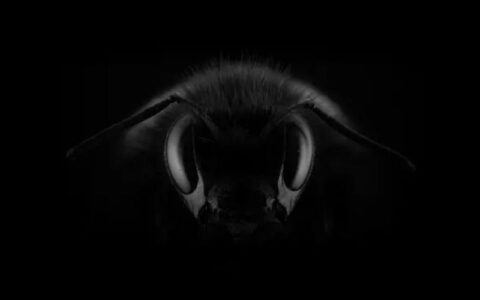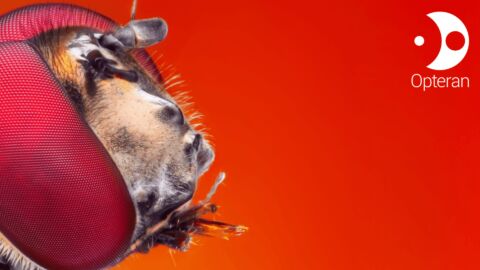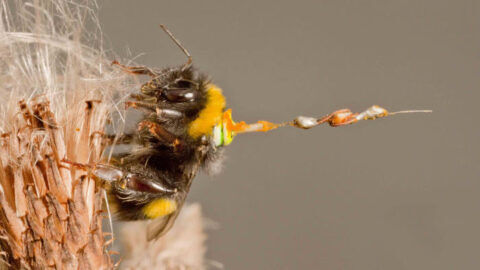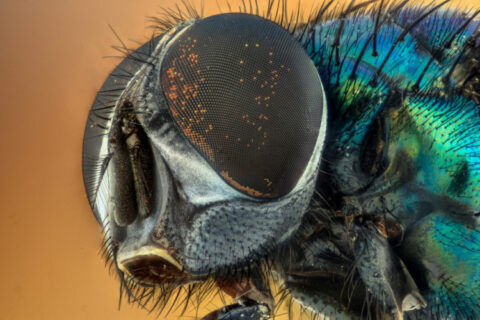A journey to natural intelligence.
Opteran has achieved a paradigm shift in machine intelligence that provides a path to true general-purpose autonomy.





By reverse-engineering insect brains Opteran has built a software Mind that provides innate autonomy for machines…they call it natural intelligence.
Sector
Robotics
Founded
2020
First Invested
2020
Headquarters/Location
London/Boston/Sheffield
Website
https://opteran.com/Follow
Insects operate autonomously throughout the natural world, and by studying their behaviors and capabilities, Opteran is creating a blueprint for autonomous tech that has potential to transform the industrial landscape.
Opteran’s Natural Intelligence approach is very different to traditional AI and SLAM because it uses biology and computational neuroscience, rather than data and data science, to solve autonomy.
Leveraging £6m in grant funding, 8 years of research and 600 million years of evolution, the team gathered a deep understanding of how bees see, process and navigate the world. While bees brains contain only a million neurons, they are still capable of sophisticated navigation and decision making.
The brains behind Opteran, Professor James Marshall and Dr. Alex Cope, as well as its commercial champion, David Rajan, convinced us with their unique know-how and capabilities in brain biomimicry, their technological edge and outstanding execution to date. In a recent trial, Opteran was able to control a sub-250g drone, with complete onboard autonomy, using fewer than 10,000 pixels from a single low-resolution panoramic camera. We’re thrilled about everything more to come.


